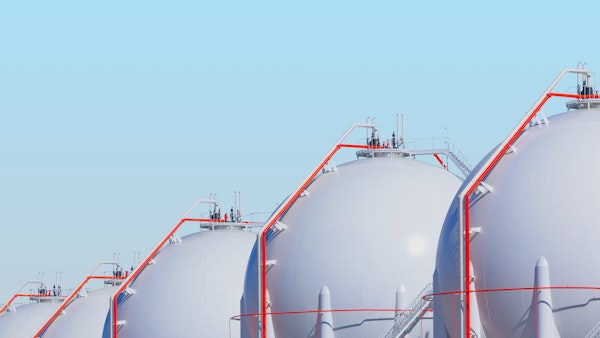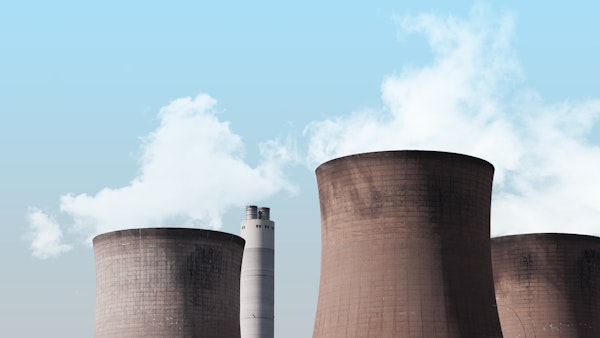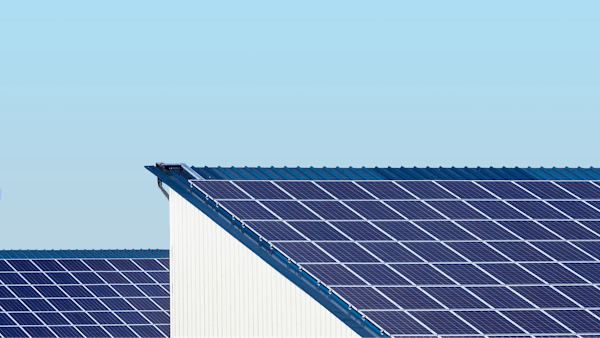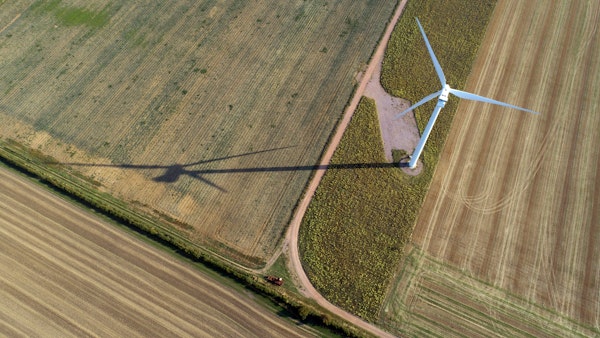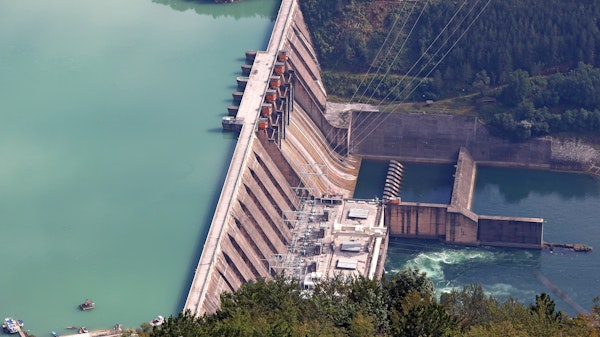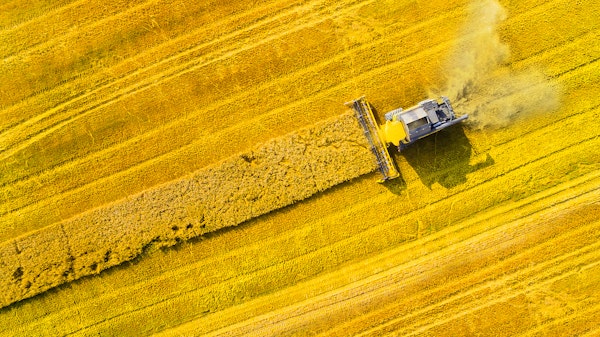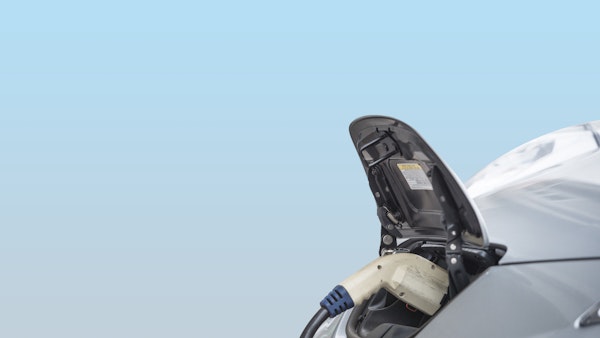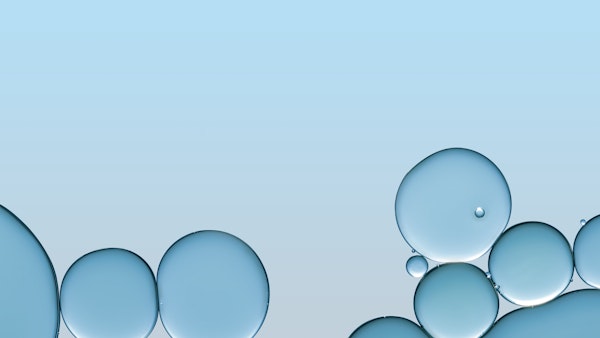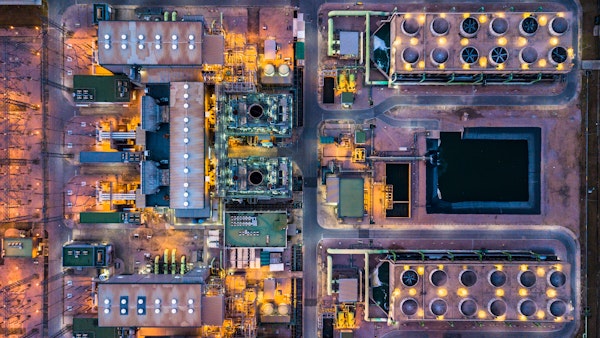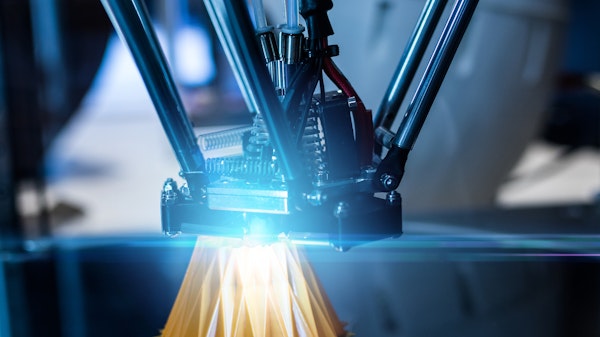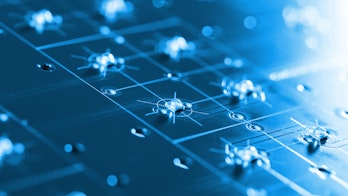Technology Collaboration Programme
Advancing the research, development and commercialisation of energy technologies

About the TCP
The Technology Collaboration Programme (TCP) is a unique global network that drives cutting-edge energy technology research through international cooperation. By bringing together governments, industries, and leading experts, the TCP accelerates energy innovation and helps shape the future of energy solutions to support global energy security and economic growth.
The TCP supports the work of independent, international groups of experts that enable governments and industries from around the world to lead programs and projects on a wide range of energy technologies and related issues. These experts collaborate to advance the research, development, and commercialization of energy technologies.
For nearly five decades, since its establishment in 1975 shortly after the launch of the International Energy Agency (IEA), the program has played a key role in advancing energy technology and fostering international collaboration.
To date, more than 80 collaborative initiatives have been launched, covering nearly every aspect of energy technology — from renewables and smart grids to hydrogen, carbon capture, and next-generation fuels. These collaborations engage thousands of experts from approximately 300 public and private organisations across more than 55 countries. Many of the original initiatives remain active today, continuously evolving to meet emerging technological breakthroughs and global energy challenges.
Learn more about the programme
Driving energy innovation
These videos showcase the role of international collaborations that advance the research, development and commercialisation of cutting-edge energy technologies – supporting energy security, energy transitions and economic growth around the world.
Events
Related energies
Today in the Lab – Tomorrow in Energy?
Raising awareness of the contribution that the Technology Collaboration Programme can make in reaching climate and energy goals.

